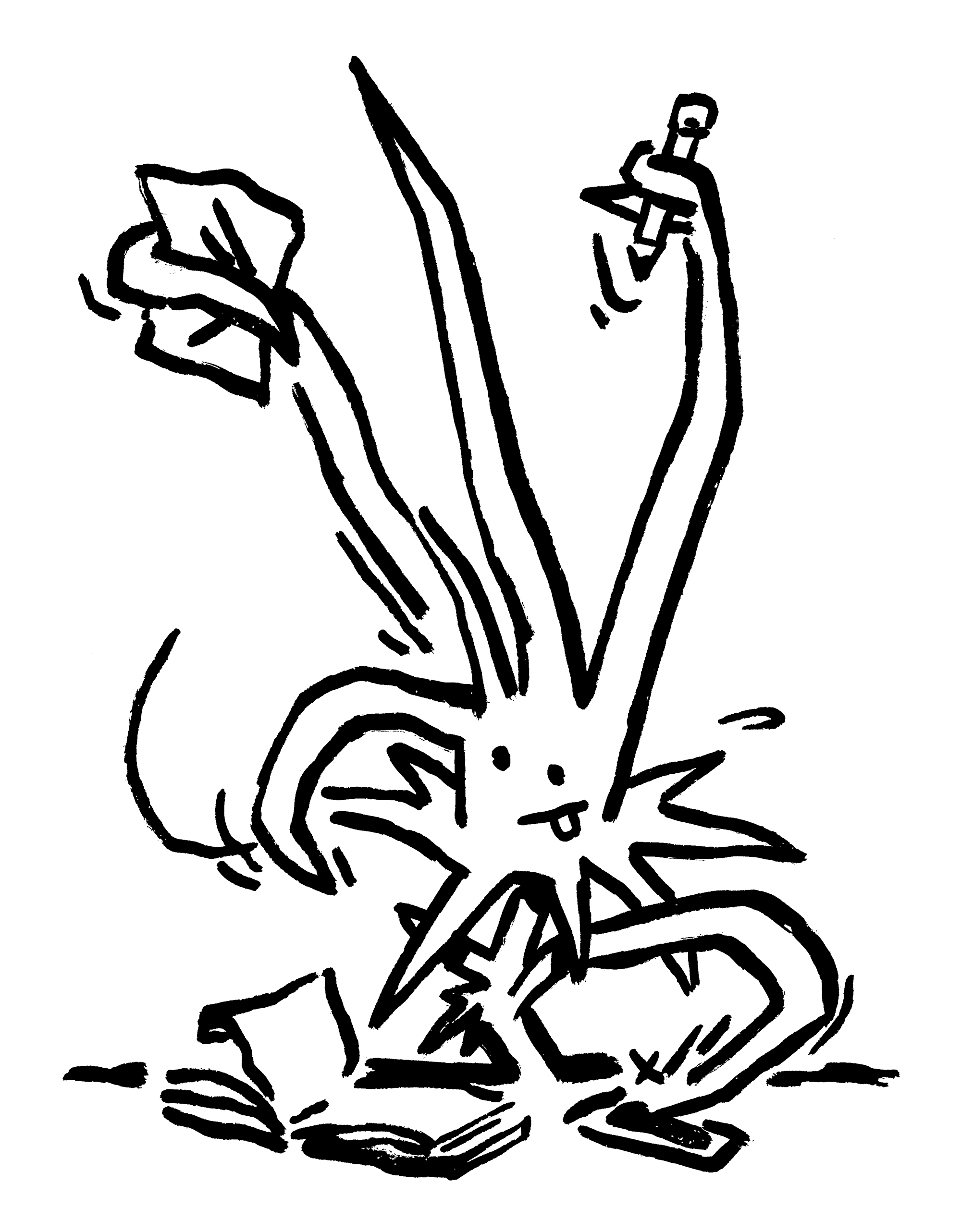

DEFINITION
Te Maia Wiki
Yurok, Ngāti Porou, Te Aupōuri Organizer
It’s important to recognize the term “Indigenous” is generalized in this movement. Everyone has a different relationship with the term, including my relatives outside of Turtle Island. My definition centers a Yurok and Māori perspective.
Our knowledge encompasses the ways we relate ourselves to the world, and focuses on maintaining the physical and spiritual harmony between all things. In the context of the climate crisis, Indigenous people are stewards of the land.
We understand the peoples’ wellbeing is intrinsically linked to the land’s wellbeing, Harmony within the Earth and its living beings does not come from extractive and exploitation processes. These violent practices fuel the crisis, and are caused by colonial systems. Our knowledge is the key to understanding how to move from a detached relationship with the land, and return to one rooted in reciprocity and sustainability. Indigenous knowledge offers us guidance towards the decolonization of current systems.

Big Wind Carpenter, a Northern Arapaho Tribal Member, Queer Indigenous Organizer, Artist, and Activist, participates in the United Nations Climate Conference COP 28 as part of the Wisdom Keepers Delegation. Dubai, UAE, 2023.
Photography By Pamela EA
RESEARCH
Research by Rachel Bustamante
Text by Zahra Saifee
Fact-checked by Hailey Basiouny and Melissa Burrell
May 6, 2024
*text is up to date, although pending graphic adjustments
Indigenous knowledge is a general term that refers to the practices and intelligence stemming from the relationship between Indigenous peoples and the Earth. Indigenous peoples have unique knowledge, perspectives, and histories of harmony with natural ecosystems. There are 476 million Indigenous peoples throughout 90 plus countries. These peoples make up 4,000 groupings or tribes and speak over 4,000 different languages. In the mainstream climate movement Indigenous knowledge acts as an umbrella term for the vastly different cultures, customs, and practices of different Indigenous peoples. This knowledge is embedded in Indigenous peoples worldviews, relationships, and perspectives on climate solutions.
A recent report by the United Nations drew attention to the differences in biodiversity conservation and protection on indigenous lands. While the global biodiversity rate is declining, the rate is slower on lands managed by Indigenous peoples. Many Indigenous practices maintain the integrity of natural ecosystems and through their long shared history with the land sustainability is inherent. Though lands managed by indigenous peoples only account for 22% of the global land area, 80% of the world’s biodiversity is on those lands.
Traditional ecological knowledge (TEK), the coined term for Indigenous knowledge by the scientific community, has proven positive effects in climate discovery, adaptation, and mitigation. TEK focuses on the relational aspects of knowledge, recognizing the connectivity within people and the environment, and the ways in which the health pf each are intrinsically connected.. “Two-eyed seeing”—Etuaptmumk in Mi’kmaw—is a concept championed by Mi’kmaq Elder Albert Marshall. It proposes that integrating the diverse scientific traditions, systems, and methods of Indigenous and western knowledge can result in innovative advancements.` One example is the discovery of a link between El Niño and tropospheric cloud cover, which was learned from researching an annual gathering of Indigenous farmers in Peru and Bolivia, who waited for the moment they would see the Pleiades, a star cluster in the constellation Taurus. The farmers believed they could use this appearance of the Pleiades to forecast the timing and quantity of precipitation that will fall in the rainy season. Researchers uncovered the scientific basis of the visibility of these stars with the rainfall. which wouldn’t have been possible without the observation of Indigenous farming practices.
The inclusion of Indigenous knowledge is especially relevant to the current climate crisis, because it presents an opportunity for intergenerational knowledge to inform solutions while reinforcing the need for Indigenous peoples to lead the management of their lands.
ForRor example, the ongoing and worsening wildfires in the western half of the United States are exacerbated by the climate crisis and historical dismissal of Indigenous practices of forest management. California state law had previously banned controlled low-intensity burns which is an effective forest fire management practice. Native tribes in California used these burning practices to reduce dry kindling and prevent larger, devastating fires for centuries. Indigenous practitioners have long known that these place-based fire and land stewardship practices encourage the growth of food and useful plants and offer community protection. But the removal of native people on their lands and the ban of controlled fire practices has led to the current predicament. In recent years, California governance has turned back to the tribes for advice and help to manage wildfire devastation. Both Western science and Indigenous knowledge point to the need to return fire as a keystone process, as critical to ecosystem health as sunlight and rain. To further this recognition, reparation, and collaboration between tribes and the US government, “President Biden issued the 2021 Presidential Memorandum on Tribal Consultation and Strengthening Nation-to-Nation Relationships to strengthen the relationship between the Federal Government and Tribal Nations and [advance] equity for Indigenous Peoples, including Native Americans, Alaska Natives, Native Hawaiians, and Indigenous Peoples of the U.S. states and territories. The Guidance identifies opportunities to include Indigenous Knowledge across all levels of Federal agency decision making.”
The western world has increasingly recognized the value of Indigenous knowledge and prioritized Indigenous knowledge within the scientific community. However, that shift must recognize how western scientific methods have decentered Indigenous knowledge, and often extracted from communities without consent nor acknowledgement. In some cases, Indigenous practices fare better in disaster adaptation and risk reduction than modern technological solutions. Indigenous knowledge along with Indigenous land management relies on invaluable, rich histories of respect and reciprocity between the planet and people. Indigenous knowledge provides the foundation and framework for changes necessary to combat the climate crisis.
Robin Wall Kimmerer, an author and member of the Citizen Potawatomi Nation writes in Braiding Sweetgrass: “Action on behalf of life transforms. Because the relationship between self and the world is reciprocal, it is not a question of first getting enlightened or saved and then acting. As we work to heal the earth, the earth heals us.”
Solheim, Erik, 2017. “Indigenous people and nature: a tradition of conservation.” Edited by Eva Müller. UN Environment Program Nature Action.
Redvers, Nicole, Paula Aubrey, Yuria Celidwen, and Kyle Hill. 2023. “Indigenous Peoples: Traditional Knowledges, Climate Change, and Health.” Edited by Madhukar Pai. PLOS Global Public Health 3 (10): e0002474.
Frank, Miriam Anne, 2017. “Rising Voices: Collaborative Science with Indigenous Knowledge for Climate Solutions.” Cultural Survival Publications:
Indigenous Peoples Major Group for Sustainable Development. n.d. “Indigenous Knowledge Can Help Solve the Biodiversity Crisis.”
Indigenous Peoples Major Group for Sustainable Development. n.d. “Indigenous Knowledge Can Help Solve the Biodiversity Crisis.”
Leonard, Kelsey, Pier Luigi Buttigieg, Maui Hudson, Kenneth Paul, Jay Pearlman, and S. Kim Juniper. 2022. “Two-Eyed Seeing: Embracing the Power of Indigenous Knowledge for a Healthy and Sustainable Ocean.” Edited by Nancy Knowlton. PLOS Biology 20 (10): e3001876
Orlove, Benjamin. Oct 2022. “Ethnoclimatology In the Andes: A cross-disciplinary study uncovers a scientific basis for the scheme Andean potato farmers traditionally use to predict the coming rains.” American Scientist Vol 90 5
Indigenous Peoples Major Group for Sustainable Development. n.d. “Indigenous Knowledge Can Help Solve the Biodiversity Crisis.”
Hankins, Don. 2021. “Reading the Landscape for Fire.” Bay Nature
The White House. 2022. “What Is ‘Indigenous Knowledge’ And Why Does It Matter? Integrating Ancestral Wisdom and Approaches into Federal Decision-Making.”
Proulx, MaryJane, Lydia Ross, Christina Macdonald, Shayla Fitzsimmons, and Michael Smit. 2021. “Indigenous Traditional Ecological Knowledge and Ocean Observing: A Review of Successful Partnerships.” Frontiers in Marine Science 8 (July): 703938.
We use cookies to analyze site usage and enhance navigation. By accepting, you agree to our use of cookies. Accept
Subscribe to our newsletter and be the first to get news on climate literacy!

By submitting I confirm that I have read Climate Words’ privacy policy and agree that Climate Words may send me announcements to the email address entered above and that my data will be processed for this purpose in accordance with Climate Words’ privacy policy.